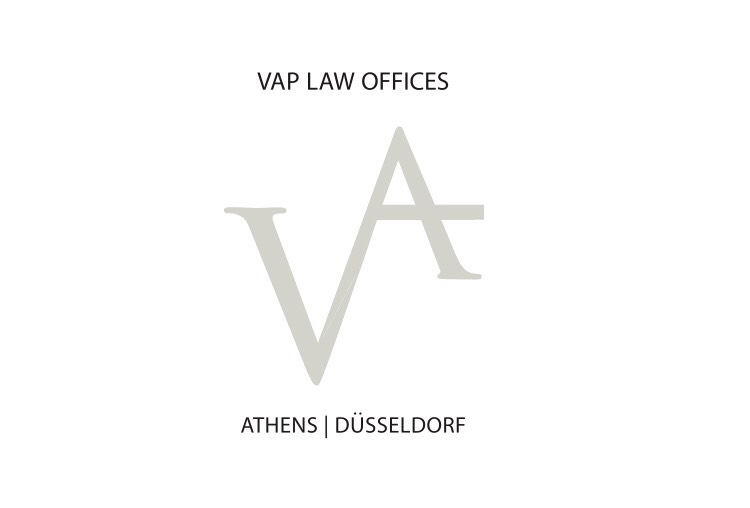Quick search
CTRL+K
Quick search
CTRL+K


Since 2010, the Global Law Experts annual awards have been celebrating excellence, innovation and performance across the legal communities from around the world.
posted 2 years ago
At a time when, due to an accumulated volume of non-performing loans, all Greek banks are seeking to transfer their claims from non-performing loans to international funds, the Supreme Court of Greece has issued a “bombshell” decision on the legalization of special purpose vehicles (SPV’s) that manage the claims of these funds in Greece.
According to the Supreme Court’s decision No 822/2022, Law 3156/2003 on the securitization of receivables claims does not award the status of a non-beneficiary or non-obligated party on the SPV, i.e., the management company. It is emphasized in the above decision that, in the case of the transfer of claims for the purpose of securitization as defined in Law 3156/2003, the law does not award to the management company (with which the acquiring company is associated) the status of a non-beneficiary or non-obligated party, even if indirectly, so that the latter, as a non-beneficiary party, may, by concession of the legislator, bring actions and other remedies before the courts for the rights of the acquisition company, seeking legal protection in its name, as it expressly does for the management companies of Law 4354/2015 (paragraph 4 of article 2). In other words, the provisions of Law 3156/2013 do not award to the management company, an active and exceptional legal status, but simply regulate the conditions and framework for the execution of extrajudicial management (legal or material) acts for the purpose of collecting (on behalf of its principal, the beneficiary) the claims from the debtors.
On the contrary, the Supreme Court accepts that, through the provisions of Law 4354/2015 (paragraph 4 of article 2), an exceptional legalization is established, under which management companies are legalized to perform procedural acts instead of the beneficiary of the claim, i.e. the funds, which, after the acquisition of the loan receivables by assignment from the respective (assigning) Bank pursuant to article 3 of Law 4354/2015, become the special successors of the Bank.
The Supreme Court notes that the provisions of Law 4354/2015 on the exceptional legitimation (as non-beneficiary parties) of loan management companies cannot be applied by analogy to the management companies of Law 3165/2003, because the management company of Article 10 of Law 3156/2003 undertakes the management of the acquired receivables by means of a mandate contract, without having been designated by law as a non-beneficiary, exceptionally legitimated party.
This decision has raised questions in the banking, business, and legal sectors, seeking on the one hand to interpret this legal complex and on the other hand awaiting the issuance of more decisions by the Supreme Court, which may overturn the above.
In any case, the transfer of receivables from loans and credits as well as the contracting of the management of these receivables by a management company in Greece requires specialized knowledge of the subject matter and particular attention to the legislative framework. Our law firm specializes in contracts of this kind and has represented funds and management companies in major transactions, with success.
For any information, we would be happy to receive your inquiries at [email protected].
Author


There are no results matching your search.
Resetposted 9 hours ago
posted 20 hours ago
posted 20 hours ago
posted 4 days ago
posted 4 days ago
posted 4 days ago
posted 5 days ago
posted 5 days ago
posted 5 days ago
posted 7 days ago
There are no results matching your search.
ResetFind the right Legal Expert for your business
Sign up for the latest legal briefings and news within Global Law Experts’ community, as well as a whole host of features, editorial and conference updates direct to your email inbox.
Naturally you can unsubscribe at any time.
Global Law Experts is dedicated to providing exceptional legal services to clients around the world. With a vast network of highly skilled and experienced lawyers, we are committed to delivering innovative and tailored solutions to meet the diverse needs of our clients in various jurisdictions.